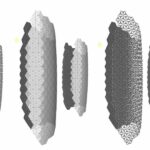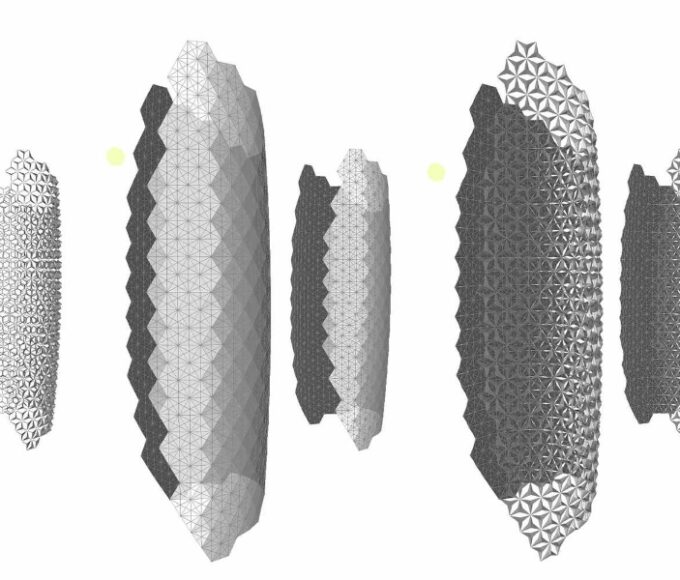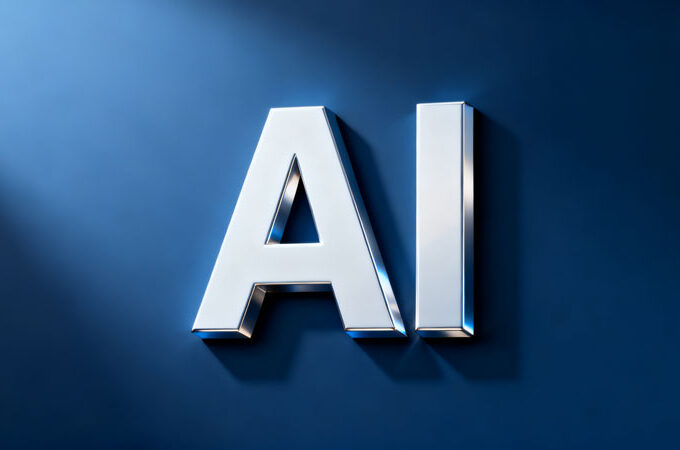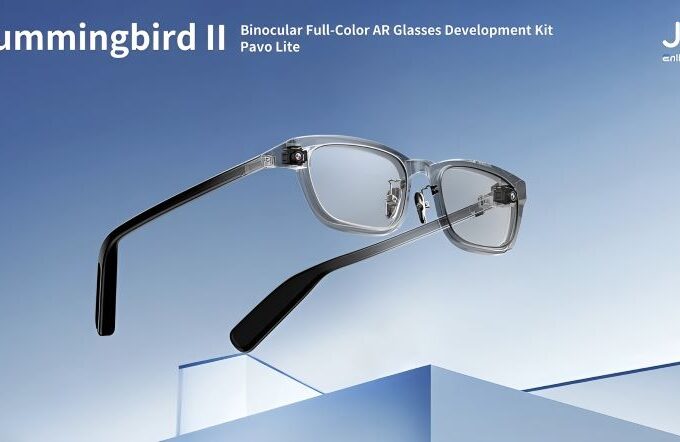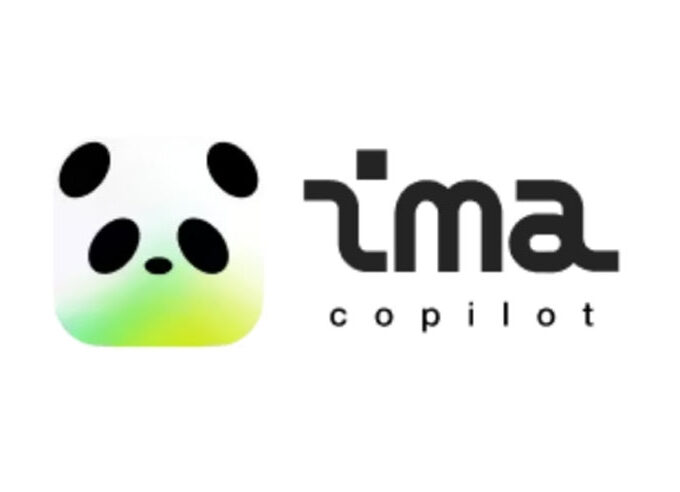Following visits to Harvard and Stanford University, the American tour of OpenAI's CEO, Sam Altman, continues at the Massachusetts Institute of Technology (MIT). On May 2nd, local time, Altman discussed the future of artificial intelligence (AI).Regarding the “doomsday probability” (the likelihood of AI leading humanity to doomsday), Altman stated that regardless of the probability, it will never be zero. Rather than discussing the probability of doomsday, people should focus on how to avoid disasters and ensure they can face the future safely and positively.
Altman Expressed Both Optimism and Pessimism About The Future of AI
He reiterated that artificial intelligence is a new “tool” on the human technology tree. He stated that ten years ago, one might have hoped that AI, as a “being,” could solve some things, but now he believes that AI, like other technological revolutions, brings the greatest, best, and most important benefits to humanity. Over time, AI will become more capable, more autonomous, and will integrate into society in an important and transformative way.
Regarding bias in AI systems, he believes, “What’s harder is deciding who decides what biases and values mean… Humans themselves are biased creatures, often unaware of it.” He stated that models like GPT-4 or subsequent versions would not have the psychological flaws of humans. Although they are not perfect, overall they will behave more justly than humans.
Altman stated, “If we develop a great artificial intelligence tool that can help people solve any problem they face and help them reason in new ways, that’s really good for consumers, for scientists, for businesses, for education. This is the ‘G’ (general) in AGI (artificial general intelligence), and it’s the most surprising part.”
He believes that in a few years, AI will make everyone feel like they have a strategist or a doctoral student, helping people optimize themselves. “Maybe at some point, it will be like each of us has a complete company with excellent experts in various fields working together very effectively.”
Altman also expressed optimism about humanoid robots, believing that humans will no longer need to master computer science in the future. AI will help humans with all computational tasks. “You can talk to a person or a computer in the same way. I think this is a deeper thing than it sounds. We can promote AI to have the same type of interface as humans… because I think the world is designed for humans, and we should keep it that way.”
Regarding personal privacy and data security, Altman said that when services and AI are combined, people will face higher risks. Through GPT-5 or GPT-6, OpenAI aims to separate the reasoning engine from the massive data required, so that the reasoning engine can be treated as an independent entity.
When asked about OpenAI’s “open source” issue again, Altman did not give a direct answer but stated that OpenAI allows hundreds of millions of people to use a great free AI tool, hoping that billions of people will be able to use it in the future. “We don’t do advertising; we just do it like charity because we think it’s important to put this tool in people’s hands. We hope it can be popularized, easy to use, and very helpful. I think it’s cool.”
Regarding the viewpoint that AI will replace human jobs, Altman said that technological development has never been so rapid, although societal inertia may be slower than imagined. “I’m somewhat looking forward to seeing the first real impact of AI technology on the economy in just one or two generations. AI will change the nature of many jobs and bring new occupational categories. This change takes time to manifest its impact on the economy, whether good or bad, it will be something we can measure and feel.”
He said, “I’m worried about how quickly we can adapt to this change, but I’m not worried about whether we can eventually adapt to it. The social contract will change, and I believe that most jobs in the future will be different from now, but humanity’s deep drive will not disappear.”
Furthermore, Altman emphasized that now is the best time for entrepreneurship and starting a new career, “Especially for a long time, startups often succeed when big platforms shift. Big companies are slower and lack innovation compared to startups, so startups currently have speed, iteration, cycles, and many other advantages.”








